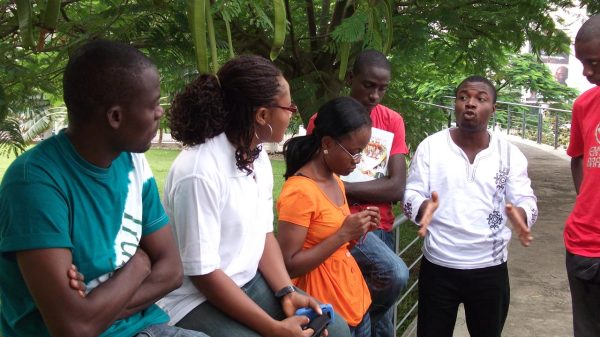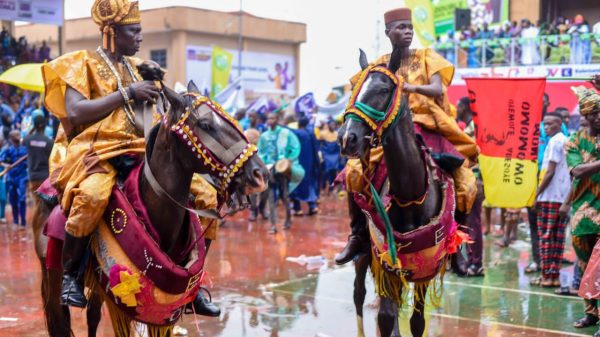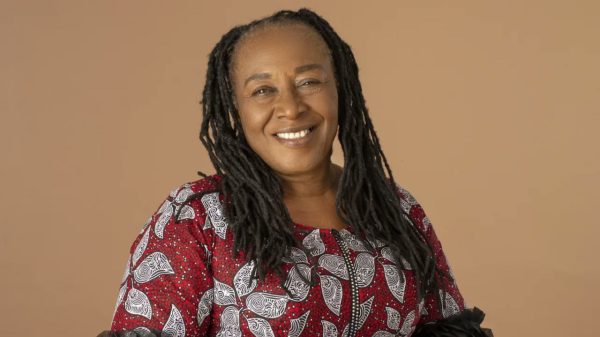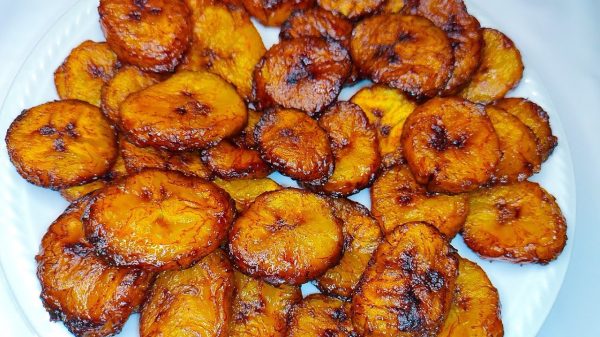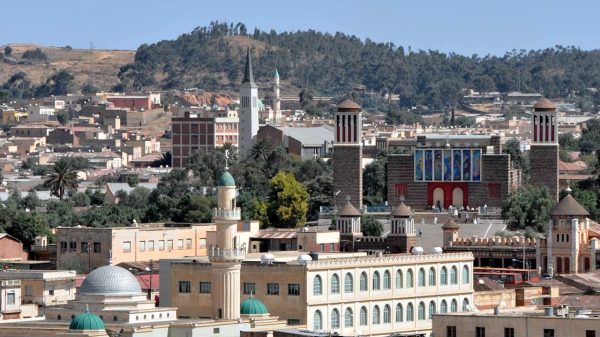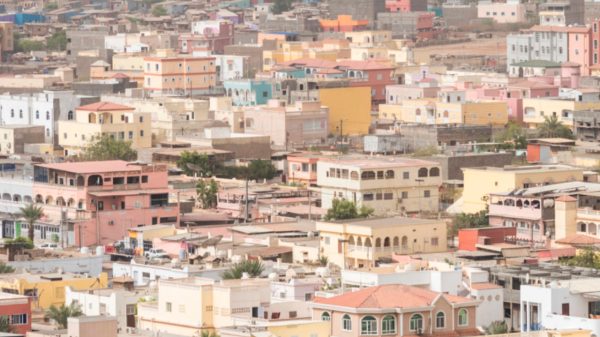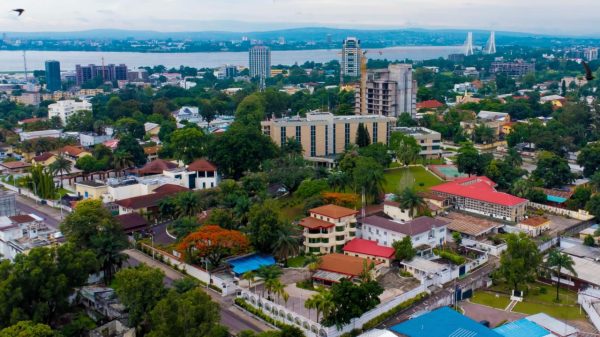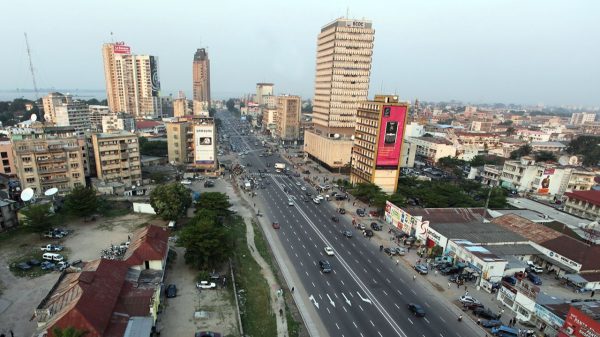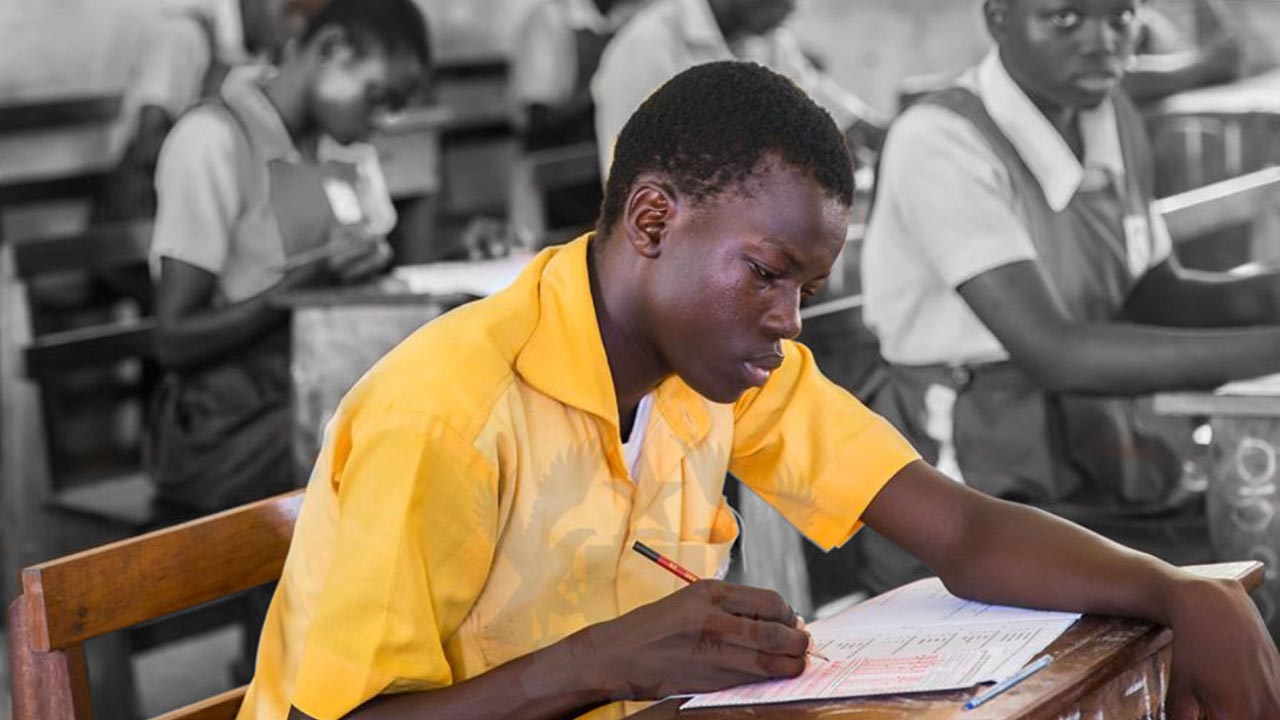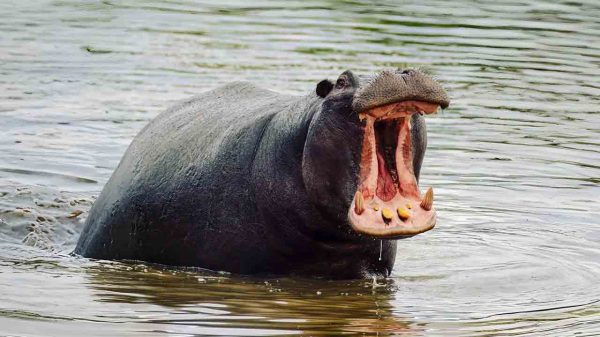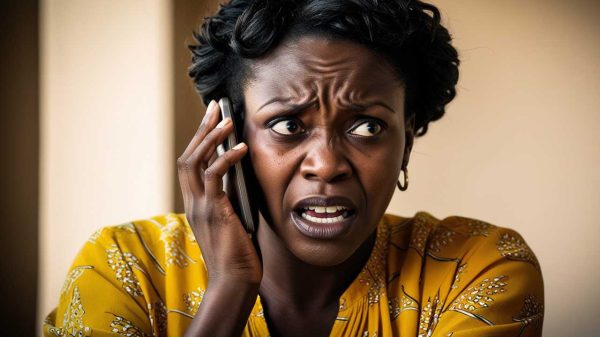What Is BECE?
The Basic Education Certificate Examination (BECE) is the final test for students in Junior High School (JHS) in Ghana. It is conducted by the West African Examinations Council (WAEC) and plays a major role in determining which Senior High School (SHS) or technical/vocational institution a student will attend.
Think of BECE as the “final boss level” in a video game. If you pass, you move to the next stage of your education. But just like in games, you need to prepare well to succeed!
Why Was BECE Introduced?
The BECE was first introduced in 1990 as part of Ghana’s education reforms. Before then, students had different exams depending on their schools. The government wanted a standardized way to assess all JHS students fairly, so BECE was created.
How Is BECE Structured?
BECE is usually written in June or July each year, but dates sometimes change. Students are tested in multiple subjects, and each subject has a specific exam format.
Subjects Covered in BECE
Students take exams in the following subjects:
- Mathematics
- English Language
- Science
- Social Studies
- Religious and Moral Education (RME)
- Ghanaian Language
- Creative Arts and Design
- Computing
- Career Technology
- French (optional)
- Arabic (optional)
Exam Format
Each subject is divided into two main parts:
- Paper 1: Multiple Choice Questions (MCQs)
- Paper 2: Essay-type or structured questions
Here’s a breakdown of how some subjects are structured:
| Subject | Paper | Format | Duration |
|---|---|---|---|
| Career Technology | 1 | 40 MCQs | 50 mins |
| 2 | Answer four questions: two from Part A (one compulsory) and two from Part B (one compulsory) | 1 hr 15m | |
| Creative Art and Design | 1 | 40 MCQs | 45 mins |
| 2 | Three sections: Visual Art (answer two questions, one compulsory), Music (answer one question), and Dance and Drama (answer one question) | 1 hr 20m | |
| English Language | 1 | Grammar & Oral Language (35 MCQs) | 50 mins |
| 2 | Writing, Comprehension, Literature | 1 hr 10m | |
| French | 1 | Oral and Written Comprehension (40 MCQs) | 1 hr |
| 2 | Written Expression (two compulsory questions) | 45 mins | |
| 3 | Oral Expression/Conversation | 15 mins | |
| Ghanaian Language | 1 | 40 MCQs | 50 mins |
| 2 | Four parts: Composition, Comprehension, Translation, and Language and Usage | 1 hr 10m | |
| Mathematics | 1 | 40 MCQs | 1 hr |
| 2 | Six structured questions (answer four) | 1 hr | |
| Religious and Moral Education | 1 | 40 MCQs | 45 mins |
| 2 | Answer three questions: one compulsory from Section A and two from Section B | 1 hr | |
| Science | 1 | 40 MCQs | 45 mins |
| 2 | Answer four questions: one compulsory from Section A and three from Section B | 1 hr 25m | |
| Social Studies | 1 | 40 MCQs | 45 mins |
| 2 | Answer three questions: one compulsory from Section I and one each from Sections II and III | 1 hr | |
| Arabic | 1 | 40 MCQs | 45 mins |
| 2 | Three essay questions (answer one) | 1 hr | |
| 3 | Oral exam (currently on hold due to logistic constraints) | – | |
| Computing | 1 | 40 MCQs | 45 mins |
| 2 | Sections A and B | 1 hr 15m |
How to Register for BECE
Students register for BECE through their schools (if they are in a registered JHS) or online (if they are private candidates). Registration is usually done between October and November the year before the exam.
Types of Candidates:
- School Candidates (BECE SC): Third-year JHS students register through their schools.
- Private Candidates (BECE PC): Students who are not in regular JHS or are retaking the exam register online via the WAEC website.
How Is BECE Scored?
Your final BECE score is a mix of two things:
- Continuous Assessment (30%) – This includes class tests, assignments, and school exams.
- External Examination (70%) – This is your actual BECE exam score.
BECE Grading Scale
WAEC uses a grading system from Grade A1 (highest) to Grade F9 (lowest). Your final score is determined based on your performance in four core subjects and two best-performing elective subjects.
| Grade | Score Range | Interpretation |
| A1 | 75-100% | Excellent |
| B2 | 70-74% | Very Good |
| B3 | 65-69% | Good |
| C4 | 60-64% | Credit |
| C5 | 55-59% | Credit |
| C6 | 50-54% | Credit |
| D7 | 45-49% | Pass |
| E8 | 40-44% | Pass |
| F9 | 0-39% | Fail |
What Happens After BECE?
After BECE, students select SHS, vocational, or technical schools based on their scores. The Computerized School Selection and Placement System (CSSPS) matches students to schools based on merit and school choices.
If you don’t get placed in your preferred school, there is a self-placement option where you can choose from schools with available slots.
Upcoming Changes to BECE
Ghana Education Service (GES) has announced that from the 2024/2025 academic year, the new Free SHS curriculum will change how school selections work. Instead of choosing electives in the first year, students will start elective subjects in their second year. More details are expected soon.
BECE is a major step in every Ghanaian student’s education. With proper preparation, students can perform well and move on to their desired schools. Whether aiming for SHS, vocational training, or a technical institute, BECE sets the foundation for the next stage of learning.
Subscribe to our Newsletter
Stay updated with the latest trends in African Pop Culture!


